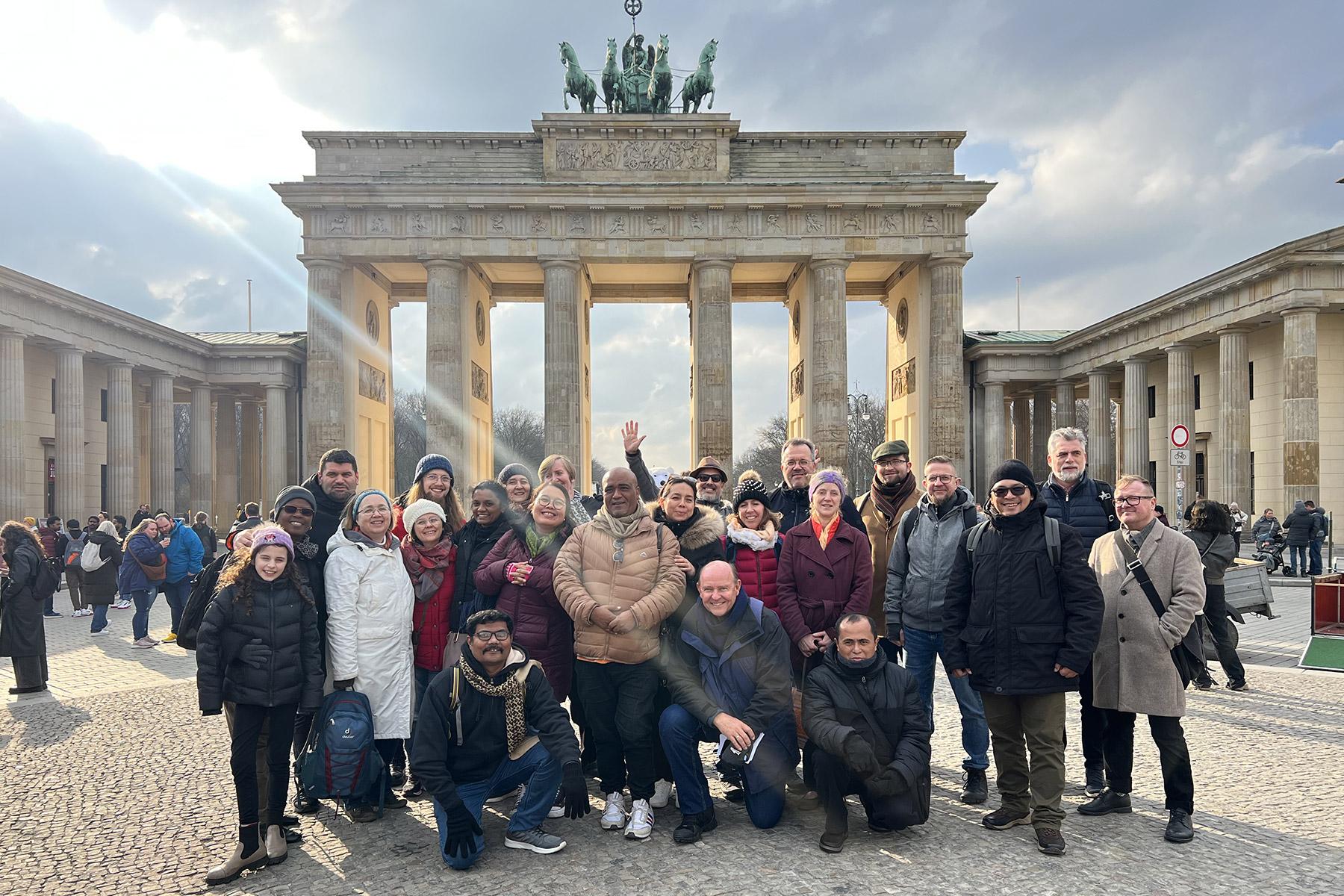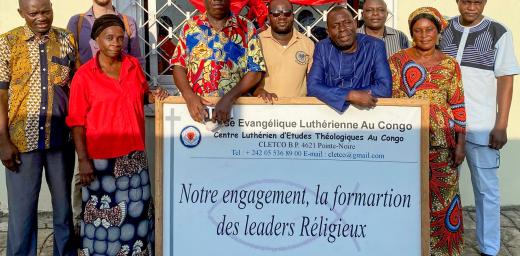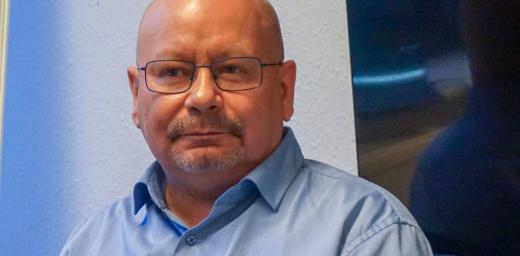26th International Theological Seminar for Pastors
(LWI) – “Luther’s Art of Spiritual Comfort – Theology and Practice for Pastoral Care Today” was the theme of the 26th International Theological Seminar for Pastors held in Wittenberg, Germany, from 2 to 16 March. Nineteen men and women from across the communion participated in the seminar, sharing experiences from different cultures, ways of life, and faith experiences.
The two-week program featured an analysis of several writings by the reformer Martin Luther with the seminar’s academic team and discussions on their relevance for pastoral theology and care in today’s diverse contexts. Workshop sessions such as “Rituals of Grief and Comfort” and “Music and Comfort” added insights to the theme. Excursions and visits to places and people of interest in and around Wittenberg were part of the program, as well as joint devotions and participants’ presentations of their contexts and home churches.
Rev. Dr. Alokasih Gulo from The Protestant Christian Church (BNKP) in Indonesia was one of the participants. He teaches pastoral theology at Sundermann Theological Seminary in Nias, North Sumatra. His research focuses on Christian theology combined with sociological theory.
“The theology we teach at Sundermann Theological Seminary is not so much specifically Lutheran – it is more ecumenical,” Gulo said. “The input I received through this seminar encourages me to redesign my teaching to emphasize Lutheran values and teachings more strongly, especially in pastoral theology. It has been very inspiring for me.”
Rev. Karen-Lisbeth Gøricke is one of three pastors in a parish in the Diocese of Helsingør, Evangelical Lutheran Church in Denmark. In addition to activities with people from different age groups in her parish, baptisms, weddings and funerals, she also leads a grief group.
“Taking the time to look at letters Luther wrote to different friends and people asking him for help was very inspiring for me – I had not read them before,” said Gøricke. “I got a good impression of Luther’s theology by reading his letters to persons he wanted to give pastoral care to.”
“I learned to see Luther in different phases of his life: as a young man and monk, when he got married to Katharina von Bora, and then from when he was a man with a lot of work but also getting old and more vulnerable,” Gøricke added. “Looking at his life through his way of responding to people asking pastoral care has been very enriching.”
Many participants also agreed with Rev. Priscilla Sudhakar from Arcot Lutheran Church, India, who said the seminar “has strengthened my confidence to be sure and strong in my pastoral care ministry so that I may help people in their misery.”
Generally, participants appreciated the “combination of theological and theoretical work, social activities among the participants, and meeting people from outside who joined the group at specific points. Among them were the cantor and organist of Wittenberg’s Castle Church, who presented aspects of pastoral theology and spirituality in Luther’s hymns.
“Our theological conversations in this global and diverse group were a strong confirmation of the global Lutheran communion in action,” said Rev. Dr. Eva Harasta, Program Executive for Global Lutheran Theology at the LWF Communion Office, who presented the LWF and its work during the seminar.
The LWF Center Wittenberg regularly brings together lay people and pastors from The Lutheran World Federation (LWF) member churches for various trainings and courses.






